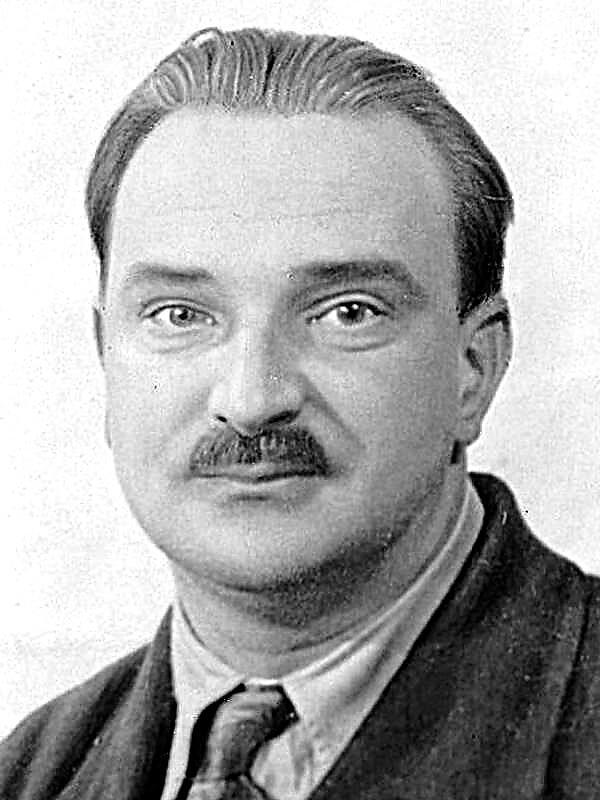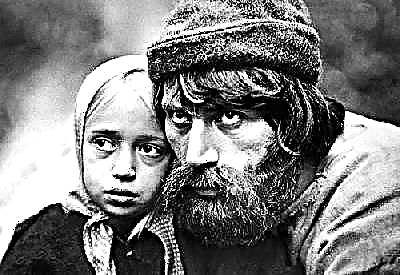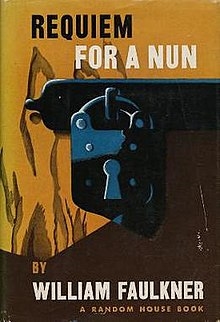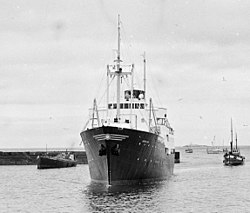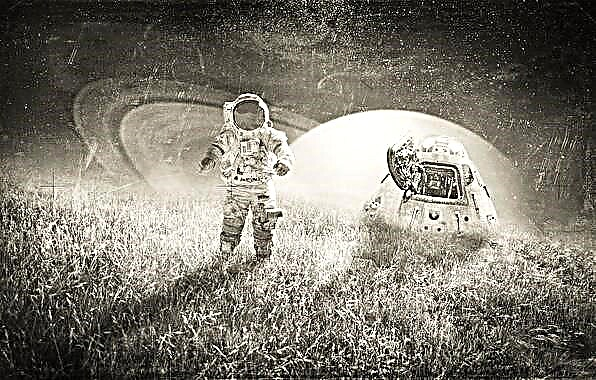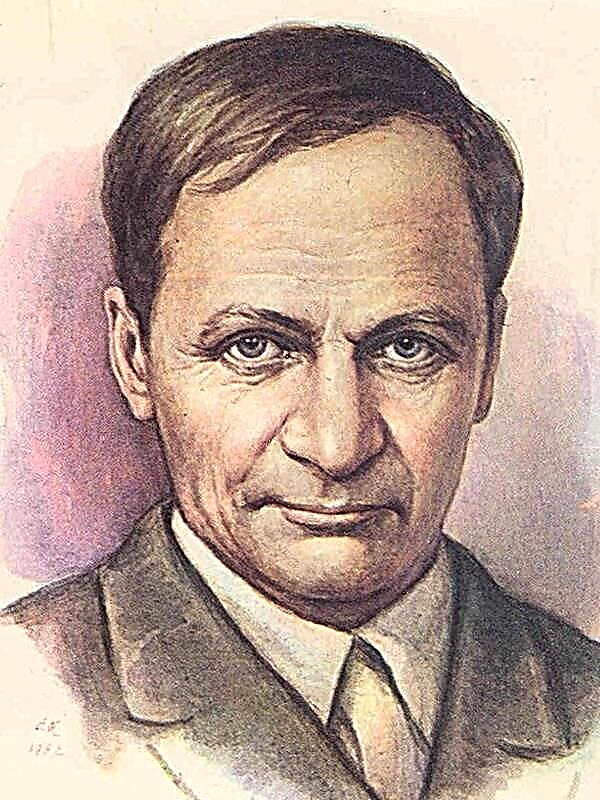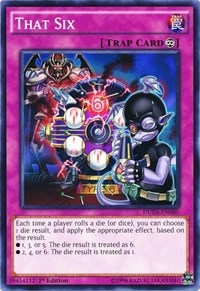The appearance of Julio Jurenito to the peoples of Europe and his first and most devoted pupil Ehrenburg takes place on March 26, 1913 in the cafe "Rotonda" on the Parisian boulevard Montparnasse, at the very same time that the author indulges in despondency over a cup of long-drunk coffee, vainly waiting for someone who set him free by paying the patient waiter six sous. Taken by Erenburg and other Rotunda regulars to hell, the stranger turns out to be a much more remarkable person - the hero of the Mexican civil war, a successful gold digger, encyclopedist scientist and expert in dozens of living and dead languages and dialects. But the main vocation of Julio Jurenito, referred to in the novel as the Teacher, is to be the Great Provocateur in the fateful years for mankind.
Following Ehrenburg, Jurenito's disciples and companions in wanderings are people who, in other circumstances, are decisively unable to come together. Mr. Kul, an American missionary who repays a debt to Europe, which once brought the benefits of civilization to the New World: two powerful levers of history, in his opinion, are the Bible and the dollar. Among Mr. Kuhl’s projects are such geniuses as light advertisements over bakeries: “Man is not alone in bread”, the equipment of trading pavilions in the vicinity of scaffolds, so that the death penalty from low-grade spectacles turned into folk celebrations, and the expanded production of vending machines for the sale of hygiene products in brothels (and on each bag there should be an edifying inscription like this: “Dear friend, do not forget about your innocent bride!”). The direct opposite of the entrepreneurial Catholic Mr. Kul is the Negro idolater Aisha, who inspires Teacher for various discussions about the place of religion in the world, mired in hypocrisy and pharisaism. “Look at the children more often,” he advises his biographer, Ehrenburg. - While a man is wild, empty and ignorant - he is beautiful. In it is a prototype of the coming century! ” The fourth student of Julio Jurenito is Alexei Spiridonovich Tishin, the son of a retired general, a drunkard and a libertine, who spent his youth in a painful choice between marrying the daughter of a postmaster and answering the question: “Is it a sin or not a sin to kill the governor?”; now the search for truth has led him to Antwerp, where he, who considers himself a political emigrant, torments his drinking companions with tragic cries: “Everything is fiction, but tell me, my brother, am I human or not human?” - realizing the gap between reality and aphorisms about the high calling of a person V. Korolenko and M. Gorky. Another satellite of Jurenito is the unsurpassed master of spitting in length and height accurate to a millimeter Ercole Bambuchi, whom he found on the dusty bridge of the eternal city of Rome; his occupation is “none”, but if he had to choose, he, by his own admission, would make braces (“This is an amazing thing!”). To perplexed questions - why does he need this tramp? - The teacher replies: “What should I love, if not dynamite?” He does everything the other way around, he prefers to spit because he hates every position and every organization. Clownery? Maybe, but is it not on the red wig of the clown that the reflections of freedom still burn today? ”
The last of the seven apostles of Jurenito is a funeral master with a universal sweep, Monsieur Dele and a student Karl Schmidt, who built life according to complex schedules, which take into account every hour, step and pfennig. Bringing them closer to his person, the Teacher sees both their imminent future and the fate of mankind: Dele will get rich fantastically on the victims of the World War, and Schmidt will occupy a high post in Bolshevik Russia ...
The battle of nations scatters the company in the face of the earth. Some are drafted into the army - like, for example, Aisha, who is losing her arm at the front; others in the grand mystery get an unprecedented role - like Ercole Bambuchi, the head of the Vatican's economic department, bringing the Holy See income from the sale of miraculous images and incense; still others mourn the dying civilization - like Aleksey Spiridonovich, re-reading the Crime and Punishment for the tenth time and falling on the sidewalk in Paris at the exit of the Place de la Metro metro with a cry: “Tie me up! Judge me! I killed a man! ” Only Jurenito remains unperturbed: what is to be accomplished is accomplished. “Not people have adapted to war, but war has adapted to people. It will end only when it destroys what it began in the name of: culture and the state. ” Neither the Vatican, blessing new models of machine guns, nor the intelligentsia fooling the public, nor the members of the International Society of Friends and Fans of the World, studying bayonets and poisonous gases of the warring parties, can establish an end to the war in order to establish whether there is anything contrary to 1713 that is generally accepted the rules of "humane slaughter of people."
In the incredible adventures of the Teacher and his seven students, it is only for the reader to detect absurdities and stretches; only to an outside observer it may seem that in this story there is too much “suddenly” and “but”. The fact that in the adventure novel is a clever invention, in the fateful hours of history is a fact of the biography of the average man. Having avoided being shot on espionage charges alternately in France and on the German sector of the front, having visited the Hague at the Congress of Social Democrats and on the open sea on a fragile boat, after the ship was sunk by an enemy mine, rested in Senegal, in Aisha’s homeland, and took part in the revolutionary rally in Petrograd, in the Ciniselli circus (where can such rallies be held, if not in the circus?), our heroes undergo a new series of adventures in the vast expanses of Russia - it seems that the Prophecies of the Master are finally embodied here and find the flesh of the utopias of each of its companions.
Alas: here, too, there is no protection from fate, and in the revolutionary furnace all the same vulgarity, stupidity and game are forged from which they fled for seven years, the disappearance of which they so desired, in every way. Erenburg is bewildered: can it be that these grandchildren of Pugach, these bearded men, who believe that for general happiness it is necessary, firstly, to cut the Yids, and secondly, the princes and the bar (“they still haven’t been slaughtered”), and the Communists also don’t interfere and, most importantly, to burn cities, because all evil is from them — are they really the true apostles of the organization of mankind?
“Dear boy,” Julio Jurenito replies with a smile to his beloved student, “did you only now realize that I am a scoundrel, a traitor, a provocateur, a renegade and so on and so forth? No revolution is revolutionary if it craves order. As for the peasants - they themselves do not know what they want: either to burn cities, or to grow peacefully with oak trees on their hillocks. But, tied with a strong hand, they eventually fly into the oven, giving strength to the steam engine they hate ... "
All again - after a formidable storm - "bound with a strong hand." Ercole Bambuchi as a descendant of the ancient Romans was taken under the protection of the Department for the Protection of Antiquities. Monsieur Dele is going crazy. Aisha is in charge of the Negro section in the Comintern. Aleksey Spiridonovich is rereading Dostoevsky in depression. Mr. Kul serves on the commission against prostitution. Erenburg helps grandfather Durov train guinea pigs. Schmidt, the big boss at Sovnarkhoz, straightens out a passport for an honest company to leave for Europe - so that everyone can get back to square one.
Return - and in ignorance and perplexity to peer into the future, not knowing and not understanding that each of them promises new times. To vegetate and moan in the absence of the Teacher, who, in fulfillment of the last of the prophecies, was killed because of a pair of boots on March 12, 1921 at 8 hours and 20 minutes in the afternoon in the city of Konotop.

